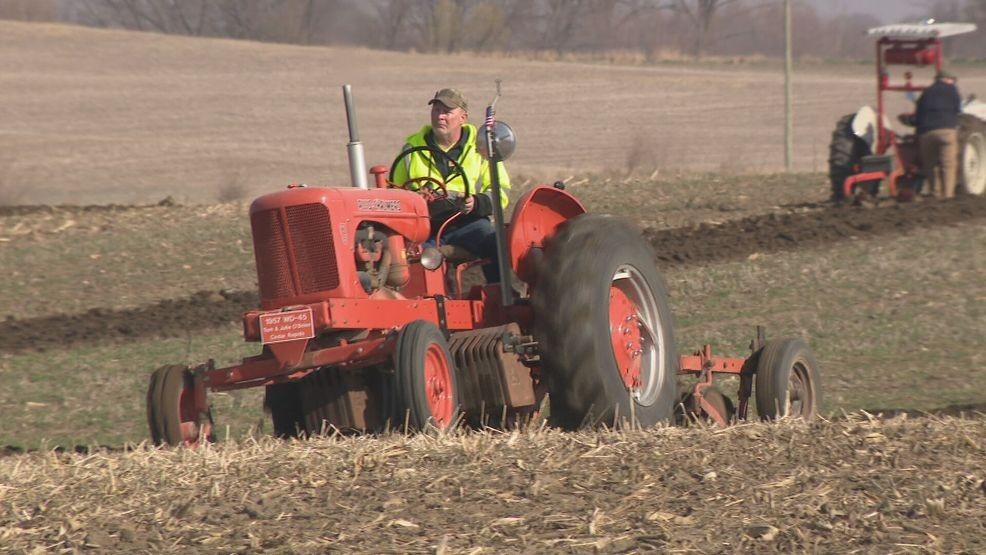WASHINGTON, D.C. – A new piece of proposed legislation plans to end the consideration of race and sex-based factors when determining benefits under farm programs.
On Tuesday, Texas Ag. Commissioner Sid Miller commended the proposed piece of legislation, saying that the consideration of the farmer’s identity should not have been allowed to happen.
“During the Biden administration, disaster payments were distributed based on the identity of the applicant, rather than with an eye on merit, fairness, and equal opportunity,” said Miller. “This was fundamentally wrong and unconstitutional, and I fought it every step of the way. Congress needs to recognize the truth: disasters don’t discriminate against our farmers and ranchers based on their race or gender, and neither should government programs.”
The legislation, proposed by U.S. Rep. Jodey Arrington (R-TX), aims to prevent future administrations from using identity as a factor when distributing agricultural and disaster aid.
“Disasters don’t discriminate against farmers based on their race or gender, and neither should our government programs. Yet, during the Biden Administration, disaster payments were distributed based on these discriminatory factors that had nothing to do with disaster impact,” said Chairman Arrington. “These practices violate our laws and our values, and they have no place in America. That’s why I’m proud to introduce the No Discrimination in Farm Programs Act to ensure future administrations never again use race- and sex-based factors when distributing critical farm program funding meant to safeguard Rural America.”
This comes after a June 2024 court case blocked race- and sex- based considerations in the Emergency Relief Program (ERP) program following a lawsuit from a group of Texas farmers in Strickland et al v. USDA, where the court agreed that the considerations were discriminatory.
The No Discrimination in Farm Programs Act would codify the Trump USDA’s July 2025 final rule prohibiting the use of race- and sex-based considerations in farm loan programs, indemnity payment programs, agricultural management assistance programs, and more.
The proposed legislation would not end the additional considerations for veteran farmers, those with limited resources or income, or those who are just starting out.
